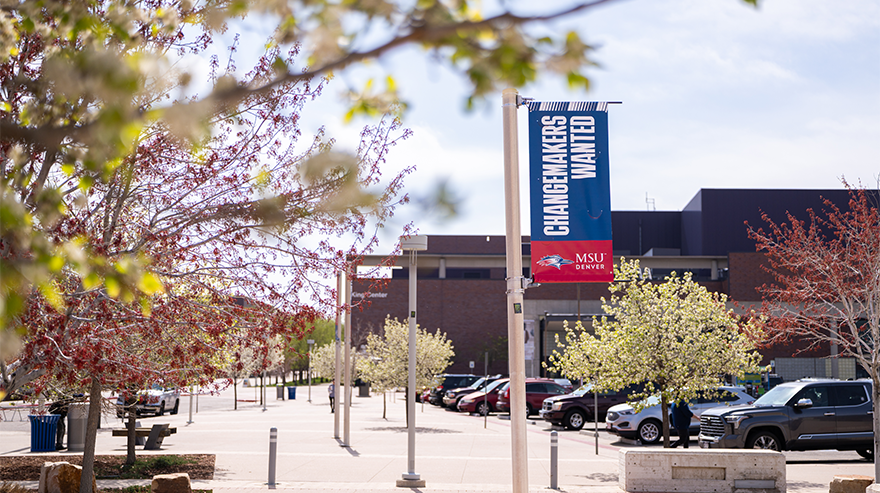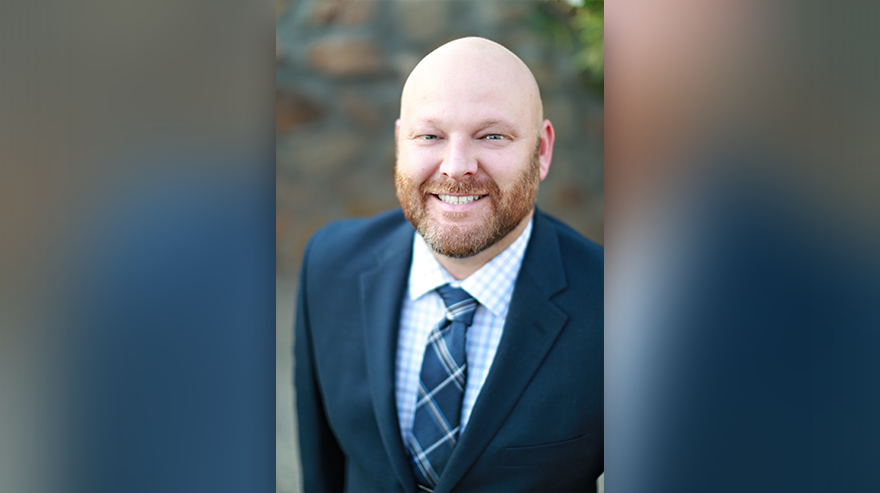Suicide is a leading cause of death for college-age adults. In 2022, it was the second-leading cause of death in the United States among people ages 20 to 24, and for ages 15 to 19 it was third, according to the Centers for Disease Control and Prevention’s National Vital Statistics Reports.
The Metropolitan State University of Denver Counseling Center wants to do something about that — namely, to train every student, staff member and faculty member to recognize the signs and symptoms of someone who might be considering suicide.
Beginning this fall, the Counseling Center will offer those trainings, and it has worked to make the process as easy and the training as accessible as possible. In fact, by simply filling out a request form, the center will come to you — to your department meeting, retreat or training.
Randal Boldt, Psy.D., executive director of the Counseling Center, said the program’s goal isn’t to turn everyone on campus into psychologists or social workers but is to build a campuswide community of care. “We’re not training people to be counselors but to be good community members,” he said.
“We teach the signs and symptoms to recognize and how to make a referral if someone is in distress,” Boldt said.
The training uses techniques devised by the QPR Institute, a national organization that specializes in college students’ mental health.
QPR stands for the three key steps emphasized in the training, Boldt said: question; persuade; refer.
That first step may be the most difficult and one many people hesitate to take. “One of the myths about suicide is that asking about it will increase the risk,” Boldt said. “The best thing is to ask very directly: ‘Are you thinking about killing yourself?’”
Starting that conversation not only shows you care but helps pierce the stigma and break the silence that he said locks people in cocoons and isolates those in distress.
As Boldt put it, “Suicide prevention is everybody’s business.”








